Health Solutions
Reimagining approaches to create and sustain, well-functioning, thriving and resilient health systems and contributing to personal, societal and economic wellbeing

Today, our health systems face complex challenges. Emerging and evolving science and technology drive constant change in models of care and health services delivery. Burgeoning data sets make the task of interrogating, interpreting, and using that data to optimize operations ever more complex. Growing populations, changing demographics and communicable and non-communicable diseases that continue to flourish in our communities are pressuring service capacity and budgets.
Current and upcoming global health crises have triggered vital discussions about the complexity of supply chain networks and the health defense of countries. These situations emphasize the critical need for advanced biomedical education and research infrastructures, as well as domestic production capacities in the pharmaceutical sector within an integrated healthcare framework. Moreover, they underscore the significance of essential service providers, including water utilities and public transportation systems, in maintaining the health and prosperity of communities.
Around the globe, we’re helping clients face these challenges head-on, reimagining approaches to create and sustain, well-functioning, thriving and resilient health systems and contributing to personal, societal, and economic well-being.
-
100 +
healthcare projects representing over $45B in construction costs
-
$ 1 B+
documented healthcare savings since 2005
-
30 +
major academic medical centers
We’ve been working with healthcare providers and biopharmaceutical companies around the globe for more than 50 years and are the largest professional services provider to the biopharmaceutical industry. We have a detailed and nuanced understanding of their clinical, operational, and business performance requirements and we understand the challenges they face in managing their healthcare environment today while planning for tomorrow. We leverage deep subject matter expertise across diverse scientific, operational, infrastructure, environmental and digital domains, to deliver the very best solutions so they can bring their very best to the patients and families counting on them.
Don't just take our word for it though, Engineering News-Record ranks Jacobs No. 1 in both Healthcare and Pharmaceuticals.
What we do
We're providing end-to-end solutions to complex challenges to create and sustain well-functioning and thriving health systems and communities.
-

Health System Governance
We advise governments, healthcare agencies and organizations on creating and implementing new pathways for effective decision-making, resource management and operational environments. We focus on system structure, policy frameworks, oversight mechanisms, financial models, healthcare coalitions and accountability.
-

Health Operations Advisory
We advise healthcare executives, service providers and corporate partners on pathways to remain people-centered, while making services accessible, affordable and integrated. We provide strategic, operational and digital advisory and implementation support to improve quality of care, optimize service delivery and enhance the safety of patients and healthcare workers.
-

Health Infrastructure
We serve health system operators and providers, academic medical centers and research institutions and the world’s leading biopharmaceutical companies across the full asset lifecycle from funding, planning, design and procurement to construction, asset management, commissioning, and operations and maintenance. We provide end-to-end solutions that respond to our clients’ needs by delivering innovative facilities that are sustainable to operate and enhance economic, social and environmental outcomes.
Explore our projects
We're reimagining approaches to create and sustain, well-functioning, thriving and resilient health systems.
-
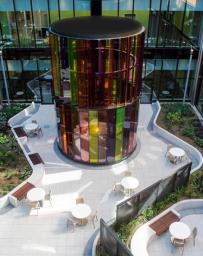
Blacktown Mount Druitt Hospital
Jacobs is delivering architectural work for the award-winning Blacktown Hospital expansion project, providing a new facility to allow expansion of existing services to meet increasing demand, room to offer new health services to reduce the need to travel out of the area for treatment and addition of new clinical technology to support the best contemporary hospital care for the growing population in New South Wales.
-
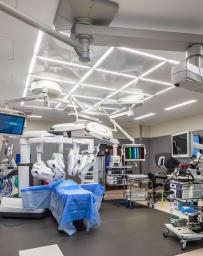
AdventHealth Taneja Center for Surgery
To treat complex surgical cases needing state-of-the-art care, AdventHealth chose Jacobs to complete construction and project management for a $256 million surgical center in Tampa, Florida, which opened in 2021. The largest surgical expansion in Tampa Bay history, the new Taneja Center for Surgery represented the last phase of a five-year program that included a horizontal expansion to the existing parking deck and a doubling in size of the existing central energy plant.
-
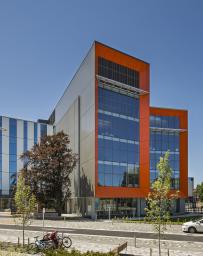
Christchurch Hospital Outpatients Building
When earthquake damage forced the relocation of Christchurch Hospital’s outpatient services into temporary facilities, Jacobs helped deliver new state-of-the art seismically designed facilities that embraced a collaborative, patient-centered care model for patients accessing allied health, general and specialist care outpatient services.
-
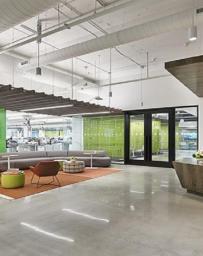
Spark Therapeutics, Corporate Headquarters & Research Facility
Jacobs led design for Spark Therapeutics’ relocation, bringing more space to the laboratory functions with approximately 22,700-square-feet of lab space, 14,800-square-feet of office/meeting/amenity space, and an additional 11,200-square-feet of building support and core on the second floor and 9,000-square-feet on the garden level.
Meet some of our team
Read more about the talent who make it happen every day.
-

Dr. Nino Kharaishvili, Global Solutions Director for Health System Governance
Dr. Nino Kharaishvili has partnered with over 40 different countries’ public health and veterinary systems to assess, design and implement various capability and capacity strengthening projects.
-
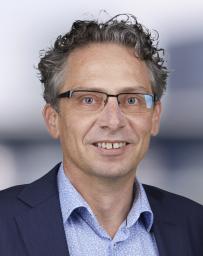
Matthew Holmes, Global Solutions Director for Health Infrastructure
Matthew Holmes is a chartered U.K. and French registered architect who leads Jacobs’ Global Health infrastructure business.
-
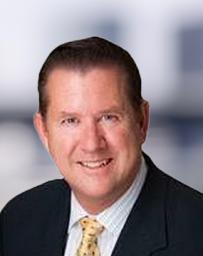
Bruce Rainey, Global Solutions Director for Health Operations Advisory
Global Solutions Director for Health Operations Advisory Bruce Rainey is a highly experienced executive in healthcare facilities operations, as well as construction at single and multi-facility organizations within the federal, county, and private not-for-profit arenas.
-

Young Chin, Healthcare Architectural Design Global Principal
Young Chin has over 20 years of experience in the health care sector. As a registered Architect, he has managed and led design teams on many major health projects in Australia, New Zealand and Asia. He has specific experience in developing health planning into functional design and has undertaken a number of large hospital projects from commencement through to commissioning.
-
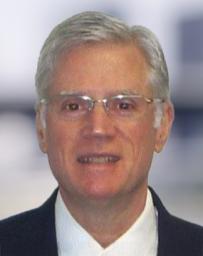
Dave Syphard, Healthcare Construction Global Principal
David Syphard brings more than 30 years of professional experience, including project planning, financing, design and construction services. With strengths in delivery of large, complex projects such as a growing portfolio of work at the University of Texas Medical Center, David works with clients to develop strategic business and implementation plans.
-

Ellen Sisle, Laboratory Design Global Principal
With 37 years of experience, Ellen Sisle leads and coordinates our science & research practice. She has extensive experience in “ground up” laboratory buildings, developer lab and office fit-out, and complex renovation projects.
-
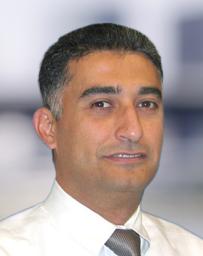
Hassan Hallak, Healthcare Construction Global Principal
Hassan Hallak has more than 30 years of experience in design and construction management of capital facility projects, including a variety of healthcare, K-12 and higher education efforts involving both new construction and modernization. He is experienced in all facets of project, cost and scheduling management and brings extensive knowledge in planning, budgeting, bidding, project/construction management and change order management.
-
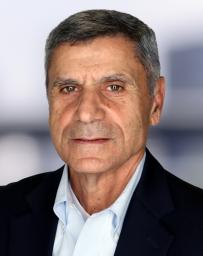
Issam Khalaf, Healthcare Construction Global Principal
With more than 37 years of design and construction experience, Issam Khalaf’s portfolio includes major healthcare and public works programs, including new construction and renovation.
-

Jane Blake, Global Health Security Global Principal
Jane Blake is Jacobs’ global health security director and has decades of experience in biosurveillance, biosafety and biosecurity research and operations, Global Health Security Agenda (GHSA) implementation, metrics and evaluation measurement, and training implementation. Most recently, as deputy program manager for the Defense Threat Reduction Agency (DTRA) Biological Threat Reduction Program (BTRP), Jane co-led an 80+ contractor team providing technical, logistical, and acquisition support and was a primary architect of BTRP’s sustainment strategy and metrics framework.
-

Megan Reading, Healthcare Architectural Design Global Principal
Megan Reading has built a career out of delivering healthcare projects — large and small, public and private, rural and metropolitan — across Australia, New Zealand, Indonesia and Papua New Guinea. Originally a Registered Nurse, Megan went on to undertake a Bachelor of Architecture with Hons and a Master of Project Management. She has held positions with International Academy of Design for Health, presented at Healthcare Weeks in Victoria and New South Wales and published articles in the Australian Health Journal and Hospital and Healthcare Magazine.
-
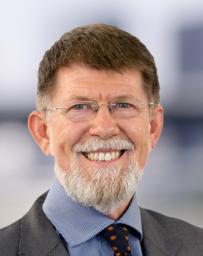
Bill Drake, Healthcare Building Systems and Engineering Global Principal
Bill Drake is an experienced leader of multidisciplinary engineering teams on a diversity of prestigious and functionally state of the art projects and complicated building types in research, health, and industry for government and private clients. With 35 years in the industry, Bill offers a significant amount of engineering experience and understanding of design, delivery and management of building services in a wide range of building types, with specific extensive experience in complicated building and system types. This experience has been gained not only through working as a design consultant, but also with hands-on experience as a hospital engineer as Mechanical & Electrical Engineer at Royal Brisbane Hospital.
-
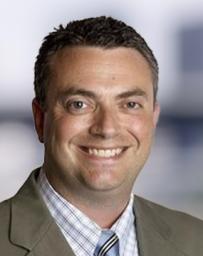
Rob Bucey, Healthcare Commissioning and Facility Operation Global Principal
As a former director of engineering for a major academia healthcare institution, Rob Bucey brings direct knowledge and expertise gained from an owner’s perspective in implementing projects and meeting stakeholder standards. With more than 25 years of technical experience, his background includes design, construction and commissioning. With this level of technical and operational experience, Rob truly understands what is required to commission healthcare facilities and verify a seamless transition from the design and construction team to the operational staff.
Read our latest news
From new project wins and milestones to reports, podcasts and industry insights, discover what we’re up to.
From our newsroom
-
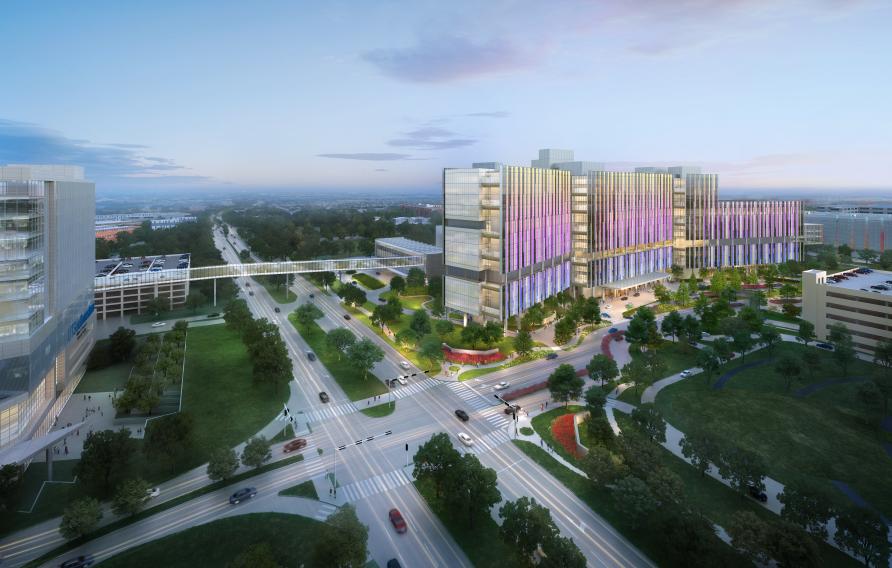 News
NewsJacobs Selected as Program Manager for the New Dallas Pediatric Campus
Jacobs was selected as the owner's program manager for a groundbreaking hospital project by a joint venture between Children’s Health and the University of Texas (UT) Southwestern Medical Center. Located in Dallas, Texas, the new pediatric campus will help revolutionize healthcare with state-of-the-art, patient-centric facilities designed to meet increasing needs in one of the nation’s fastest growing metropolitan regions.
-
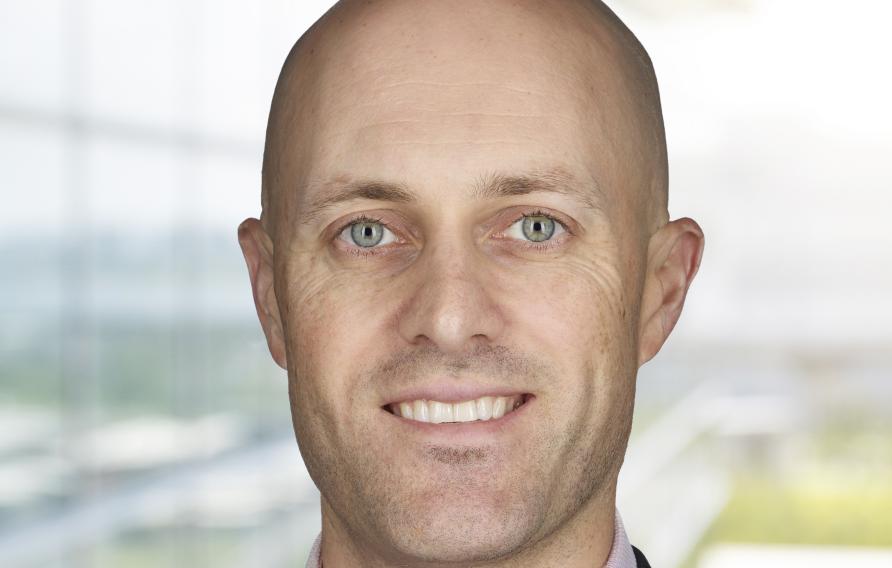 News
NewsReimagining Health Infrastructure for a Smarter, Stronger Future
With more than 17 years of experience in critical infrastructure, Jacobs' Chris Suttor shares insights on the pressures shaping modern health infrastructure—from rising costs and rapid tech shifts to the need for faster delivery and stronger social outcomes.
-
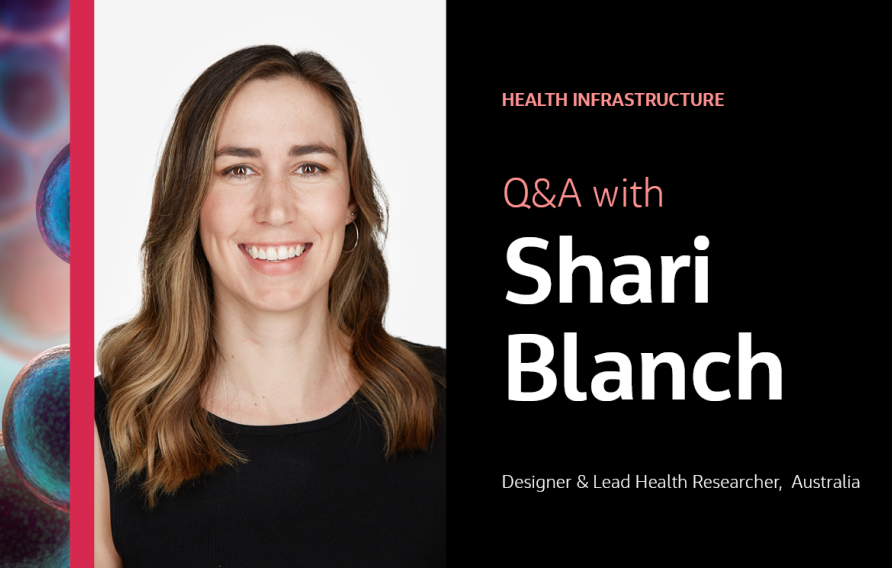 News
NewsTalking Once-in-a-Lifetime opportunities: A Q&A with Shari Blanch
In this interview we catch up with Jacobs’ Designer and Lead Health Researcher Shari Blanch ahead of the Australasian Health Design Conference in Melbourne where she’ll be co-presenting her research on the post occupancy evaluation process in Australia and New Zealand.
-
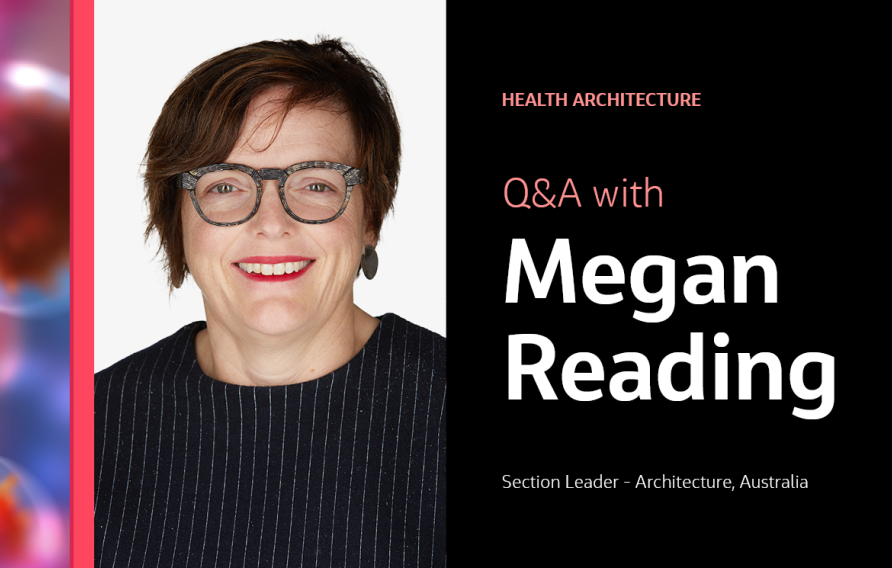 News
NewsDesigning a Better Quality of Life: A Q&A with Megan Reading
In this Q&A we catch up with Jacobs’ Australia Section Leader – Architecture in Brisbane, Megan Reading, ahead of the Victorian Healthcare Week (VHW) conference where she’ll be moderating a discussion on the role of co-design in the healthcare infrastructure sector.
-
 News
NewsJacobs Piloting Program to Monitor COVID-19 Spread in Community Wastewater Streams
In an effort to better understand the spread of COVID-19, our Digital Solutions, Water and Operations Management and Facilities Services teams are launching a pilot program to monitor wastewater streams at locations where we operate plants.
-
 News
NewsConstructing Care: Global Standardization Lessons in Healthcare Builds
Most major industries globally, including healthcare, are experimenting with the latest emerging technologies to help drive better results and return on investment. Generative artificial intelligence is getting most of the press, but there are other technologies and capabilities, such as standardization, modularization and automation. While the attention is warranted, there is still a significant challenge in harnessing new technologies to move beyond the hype into offering proven practical value for healthcare providers, workers, end users and their communities. Global healthcare ecosystems provide the perfect opportunity for these technologies — if they’re paired with the right program, talent and functionality.
-
 News
NewsThe Roadmap to Recovery: Transforming Hospitals into Catalysts for Community Benefits
The current scorecard for U.K. hospitals and healthcare estates isn’t encouraging. It’s saddled with a growing maintenance backlog — over $12 billion (£10 billion) — and it’s marred by pandemic scars and a staffing crisis. Combine this with a rapidly aging population facing increasing pensioner poverty and poor health, the COVID-19 patient backlog, inflation and a severe funding shortage — it creates a challenging prognosis.
-
 News
NewsJacobs Publishes Final Report of Study on Lessons Learned from COVID-19
What can Global North countries like the U.S. and countries in Europe learn from positive outcomes in the Global South? And how can these lessons help the U.S. better prepare for future public health events? Jacobs’ report on more than 20 countries’ responses to COVID-19 and recommendations for public health officials is now available to the public.
-
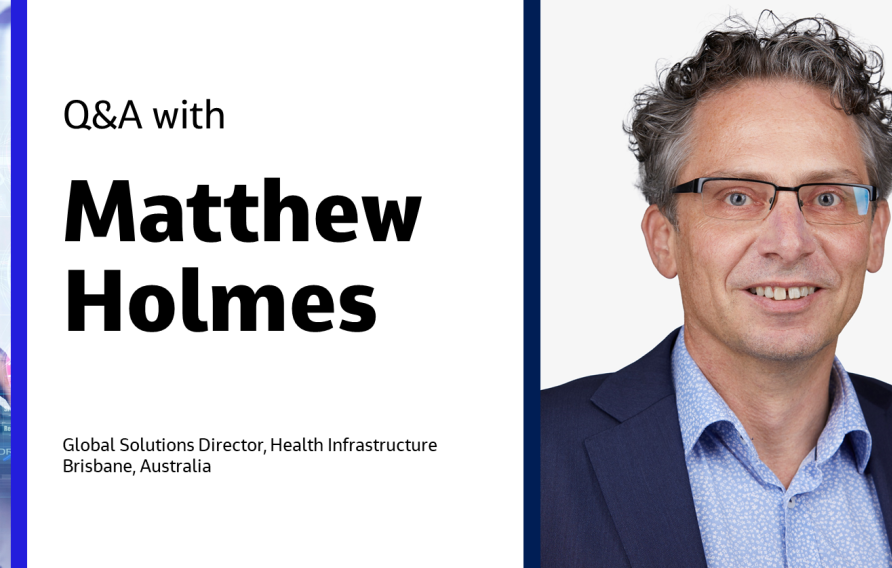 News
NewsDesigning for the patient, the clinician and the community: The future of health infrastructure
We connect with Global Solutions Director for Health Infrastructure Matthew Holmes to talk about his role helping clients develop and sustain healthcare facilities around the globe, and what inspires him most about his work supporting the delivery of healthcare services in Australia, New Zealand, Singapore, and other regions through design planning.
-
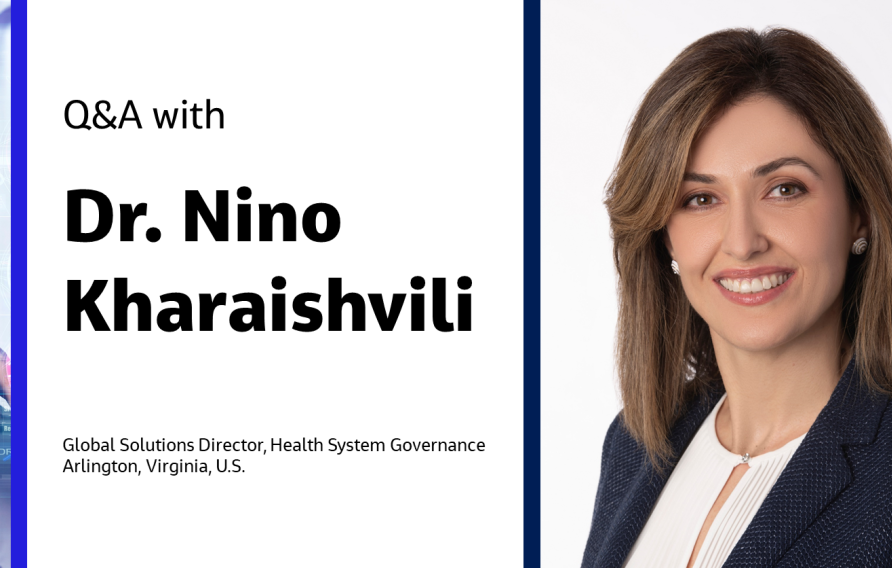 News
NewsHealth system governance: Improving the resilience of our health ecosystem
In this piece, we connect with Health Systems Governance Global Solutions Director Dr. Nino Kharaishvili, to talk about her role partnering with clients across our markets and geographies to solve their challenges, and her ongoing journey to improve awareness around the impact of climate change on human health.
-

 News
NewsHow Online Water Quality Monitoring Provides Better Detection and Protection
The number of reported illnesses caused by water-borne Legionella bacteria have increased by nearly nine times in the U.S. since 2000. What if we showed you how Jacobs, alongside Cisco and s::can, designed a powerful, online monitoring system to monitor water quality and protect public health?
-
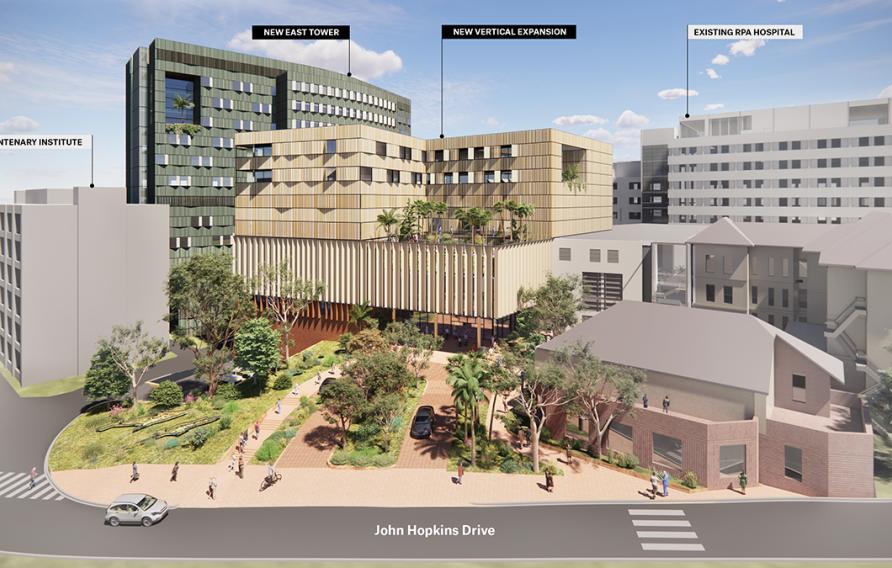 News
NewsAustralian Health Project Reaches New Milestone
Designs have been released for the Royal Prince Alfred Hospital redevelopment project in Sydney.
-
 News
NewsBringing Aviation and Health Solutions to a Brave New World
As the aviation industry returns to the skies amid eased travel restrictions, we explore the nexus between aviation and health to help accelerate the industry’s path to recovery, restore passenger confidence and redefine the future of air travel.
-
 News
NewsSafe Buildings Need Clean Air and Water
Maintaining occupant safety after long-term closures of buildings including schools, public offices and private properties.
-
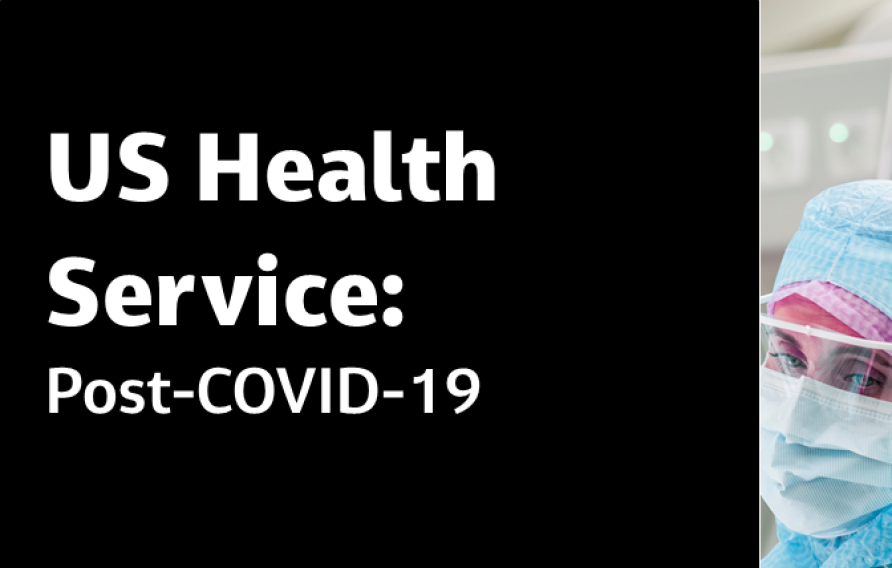
 Podcasts
PodcastsUS Health Service: Post-COVID-19
In this episode, our guests Dina Salvaggio (Jacobs Principal of Healthcare Consulting, APG) and Donn Sorensen (Executive Vice President of Operations, Mercy Health Ministry) discuss the impact of COVID-19 on the American healthcare system, in such areas as workforce challenges, financial ramifications, and the evolving role of virtual medicine and technology.
-
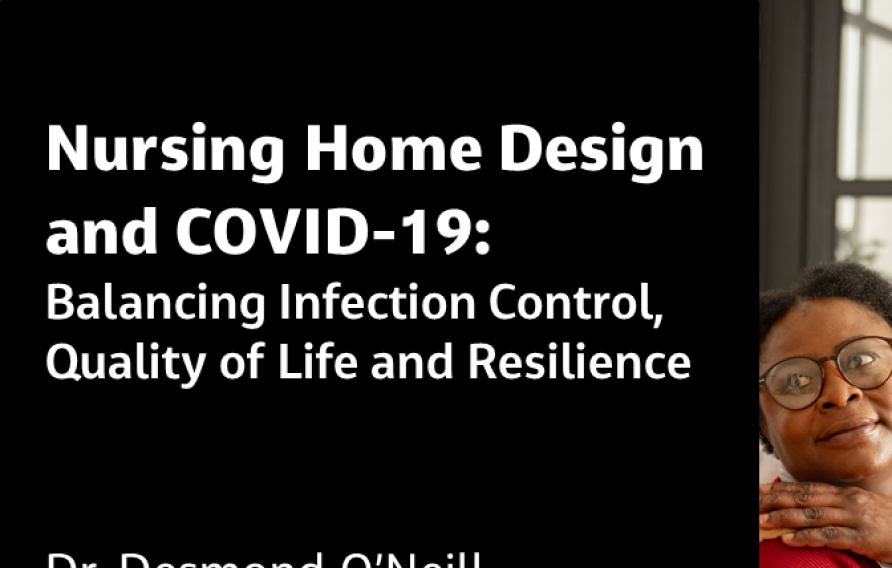
 Podcasts
PodcastsNursing Home Design and COVID-19: Balancing Infection Control, Quality of Life and Resilience
In this episode of If/When, we spoke with Dr. Diana Anderson, Dr. Desmond O’Neill and Thomas Grey about the importance of the built environment for nursing homes and its impact on residents; what the COVID-19 pandemic revealed about existing challenges within nursing homes; and what an ideal environment for nursing home residents might look like going forward.
-
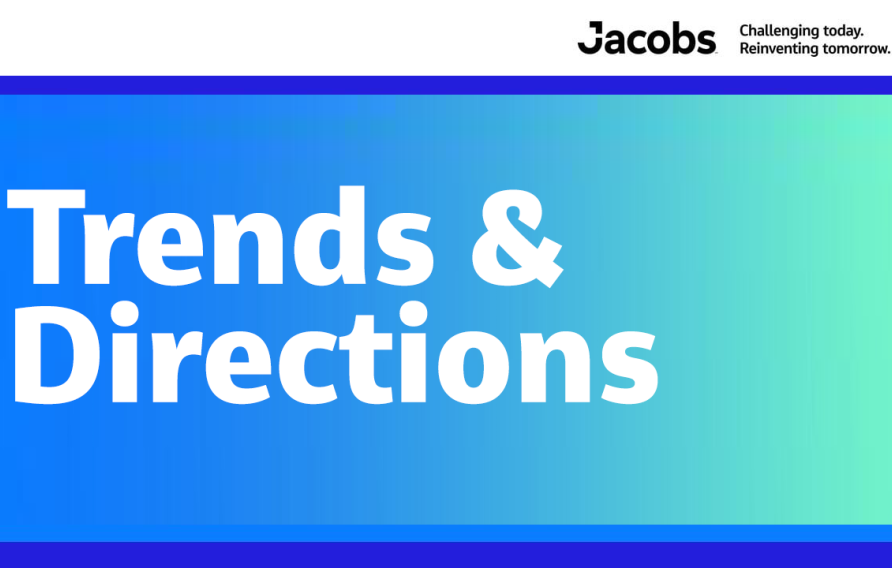 Webinars
WebinarsInfectious Diseases, Emergency Preparedness and Health System Resilience
In this exclusive interview from Jacobs, we spoke with healthcare experts Dr. Nino Kharaishvili and Dr. David Franz about a variety of topics, such as how COVID-19 compares to other epidemics and pandemics; what are the best practices for emergency preparedness; what are the most pressing challenges with regards to pandemic preparedness that are not receiving enough attention; how the current pandemic may change the way that healthcare systems respond to future pandemics; and many others.
Our insights
-
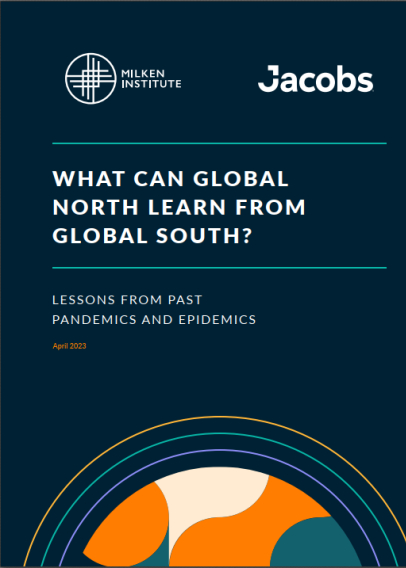
What Can Global North Learn From Global South? Lessons From Past Pandemics and Epidemics
The COVID-19 pandemic revealed deficiencies in global pandemic preparedness—and yet some countries fared much better than others. This report from Jacobs and FasterCures, a center of the Milken Institute, identifies overlooked success factors in Global South countries and makes recommendations for policymakers to help better prepare for future global public health events.
-

-

-













































